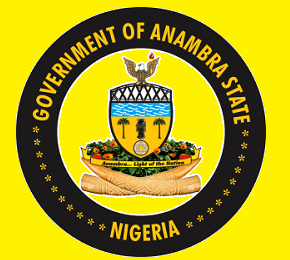
According to the Anambra Chapter of the Nigerian Union of Local Government Employees (NULGE), the state government owes about ₦14 billion in overdue gratuities to its pensioners. Mr. Chikwelu Adigwe, the state NULGE President, told the News Agency of Nigeria (NAN) in Awka on Sunday.
“The state government is owing to our retired staff over ₦14 billion outstanding gratuities and it is sad that many of these retired staff have died while struggling to get their entitlements.
“Gratuity is supposed to be paid immediately you retire from active service but they keep saying ‘no money’, even when they generate so much revenue from the local government revenue windows.
“As a union, we are making our position known to the state government. We have written urging the state government to reconstitute the Local Government Pension Board to solve these problems.
Adigwe expressed unhappiness with the transition committee’s handling of the state’s local government system, claiming that it was badly impacting the administration of the state’s 21 local councils.
“When the board was functional, people receive their gratuity in due time.
“The law to establish this board has been passed by the state assembly and we are urging the governor to do the needful so that all these problems of gratuities and pension arrears will stop,” he said.
Adigwe urged the state House of Assembly to exercise its constitutional authority to prevent the local government transition committee from being renewed.
He also asked Prof. Charles Soludo, the governor-elect, to hold local government elections within the first six months of his term.
The NULGE President also advocated for the contributory pension scheme to be abolished since it was unfair to workers.
Adigwe believes the state’s Board of Local Government Service Commission should be made up of retired or active local government employees, rather than politicians who are unfamiliar with the system.
He asked for increased worker welfare, auto loans, and housing schemes, as well as constant involvement of workers by the state government, as part of the union’s expectations from the next administration.



